Before you grab a screwdriver, think about safety. A simple slip or a forgotten circuit can turn a quick fix into a costly disaster. Below are practical steps to keep you safe while you tackle common household appliances.
The first rule is always to turn off the electricity at the breaker. Even if the appliance is unplugged, a lingering charge can remain in capacitors, especially in ovens or heat pumps. After switching off the breaker, use a non‑contact voltage tester to confirm there’s no live current. This quick check prevents shocks and saves you from an angry surprise.
If you’re working on a gas‑powered boiler or water heater, shut the gas valve and ventilate the area. A small leak can become a big safety issue fast. Keep a fire extinguisher nearby – a Class ABC type works for most kitchen and heating appliances.
Never improvise with the wrong screwdriver or wrench. Using the correct size reduces stripped screws and accidental slips. Gloves protect your hands from sharp edges on refrigerators, dishwashers, and extractor fans. Safety glasses are a must when you’re removing panels; broken glass or rust can fly out unexpectedly.
When dealing with hot water heaters or ovens, allow them to cool completely. Touching a still‑hot element can cause burns that feel worse than a minor shock. A simple kitchen timer can remind you how long to wait before you get your hands near the heat source.
Many of our guide articles, like “How to Replace an Electric Hob Element” or “Heat Pump Not Blowing Warm Air?” include a short safety checklist at the top. Skipping that list is the fastest way to end up on the phone with a professional. Take a minute to read it – it’s the difference between a smooth repair and an emergency.
When you’re unsure about a part, look for a label or serial number. Manufacturers often print warning symbols that tell you if a component is high‑voltage or pressurized. If a label says “Do Not Disassemble – Call Professional,” respect it. Ignoring manufacturer warnings can void warranties and put you at risk.
Ventilation matters more than you think. Working on a fridge or freezer releases refrigerant gases that are harmful if inhaled in a closed room. Open a window, or use a fan to push fresh air through. The same principle applies to cleaning a boiler – dust and soot can irritate lungs.
If a repair looks more complicated than replacing a simple heating element, it’s time to call a qualified technician. Our posts about “Can I Repair My Boiler Myself?” explain where the line is drawn. Trust your gut; if a job feels unsafe, get help.
Finally, keep a clean work area. A cluttered countertop can cause you to trip or knock tools onto live wires. Gather all needed parts, tools, and safety gear before you start. A tidy space speeds up the repair and reduces the chance of accidental injury.
Following these safety basics lets you fix most appliances without a mishap. Whether you’re swapping a dishwasher fan, flushing a water heater, or troubleshooting a heat pump, the same core rules apply: cut power, test, use proper gear, respect warnings, and know when to call a pro. Stay safe, stay smart, and enjoy the satisfaction of a job well done.
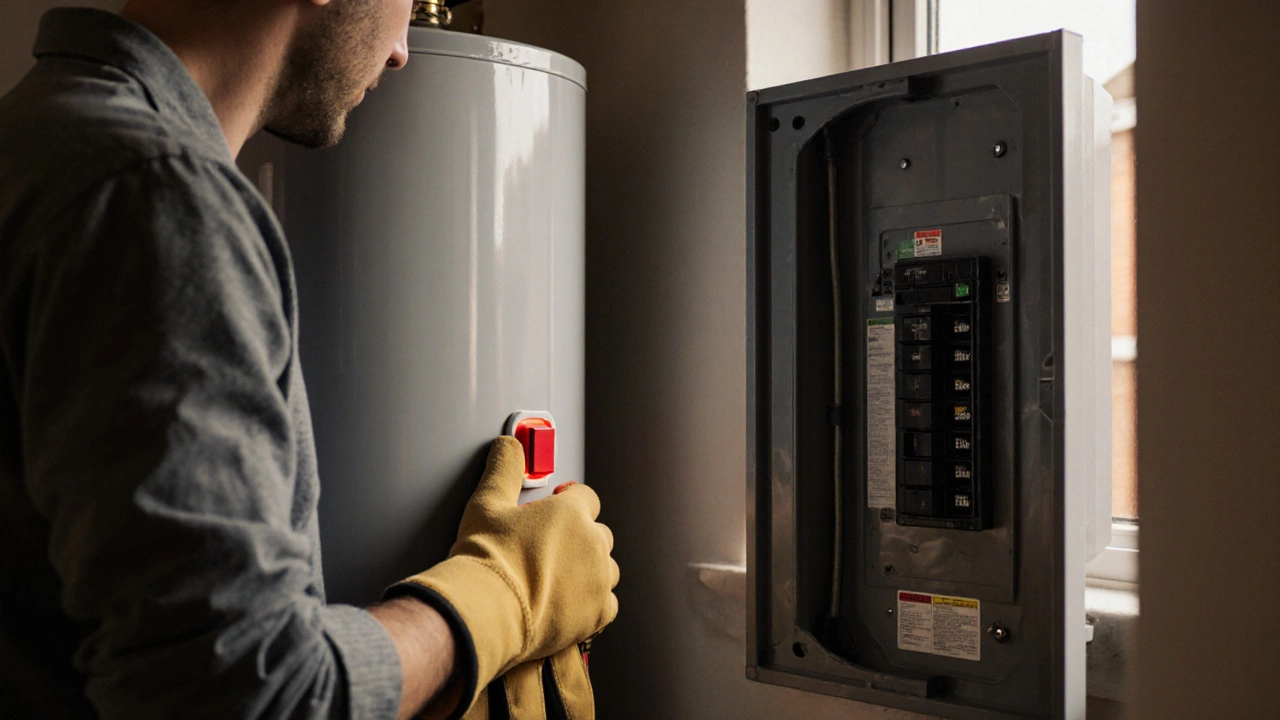
Learn when it's safe to press the water heater reset button, step‑by‑step instructions, common risks, and when to call a professional.

Thinking about swapping out your extractor fan? This article breaks down when you really need a licensed electrician and when you might handle it yourself. Learn what risks and rules are involved, plus some practical tips for a painless install. Get clear answers on costs, permits, and what can go wrong if you take shortcuts. If you want fast, safe, and lasting results, this guide walks you through everything step-by-step.
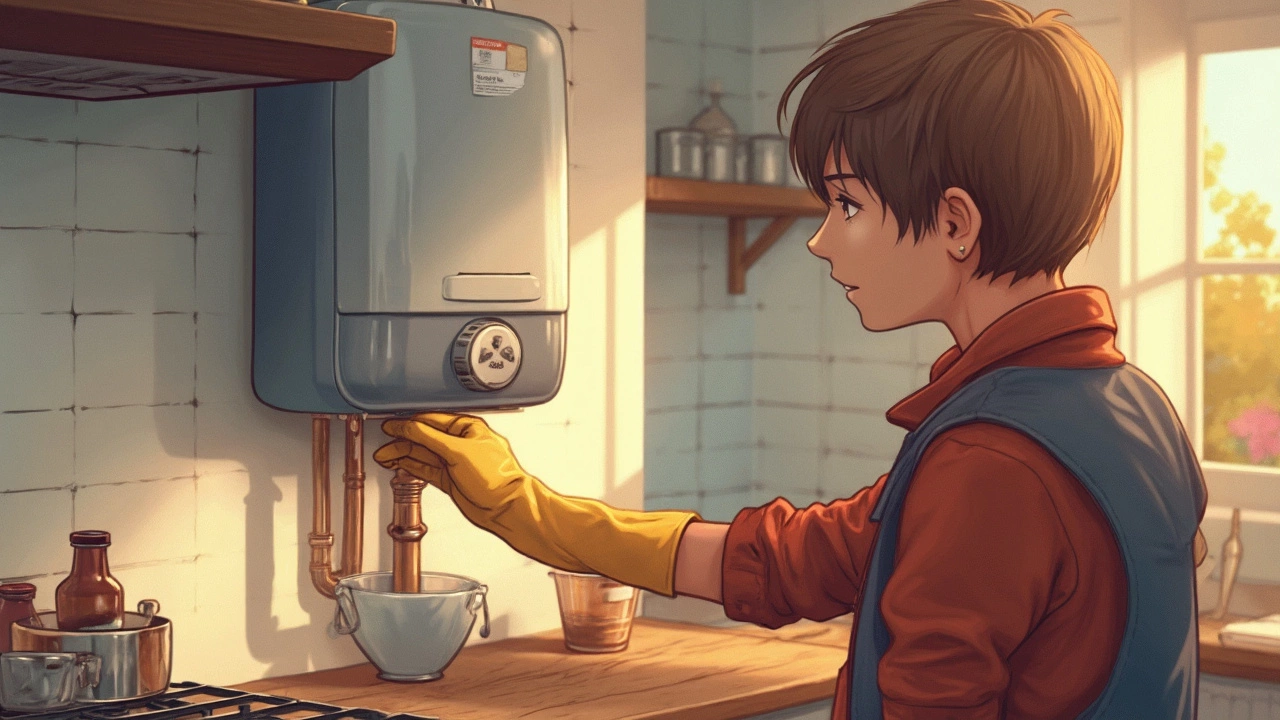
Resetting a water heater might seem simple, but it involves precaution. This article delves into when and why a reset might be necessary and explores the safety considerations involved. Learn about common signs that indicate a reset is due and the correct way to carry out this task. Discover the underlying causes of water heater issues to prevent future resets.
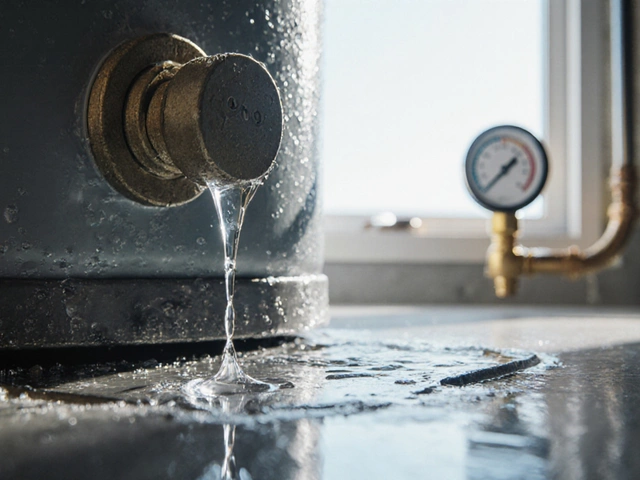
Water heater leaks usually come from five common spots: the pressure relief valve, anode rod, drain valve, tank corrosion, or pipe fittings. Learn where to look and how to fix it before it turns into a flood.
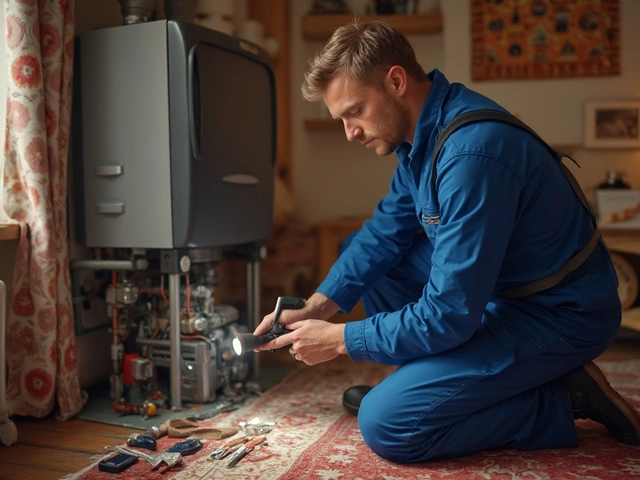
Regular boiler servicing is crucial to ensure safety and efficiency in home heating systems. A comprehensive service involves thorough inspections and cleaning, enhancing performance and extending the lifespan of the unit. Areas covered include checking the burner, inspecting the flue, and ensuring controls work correctly. Routine servicing helps prevent breakdowns and identifies potential issues early. Understanding what's involved can help homeowners make informed decisions and maintain reliable heating.
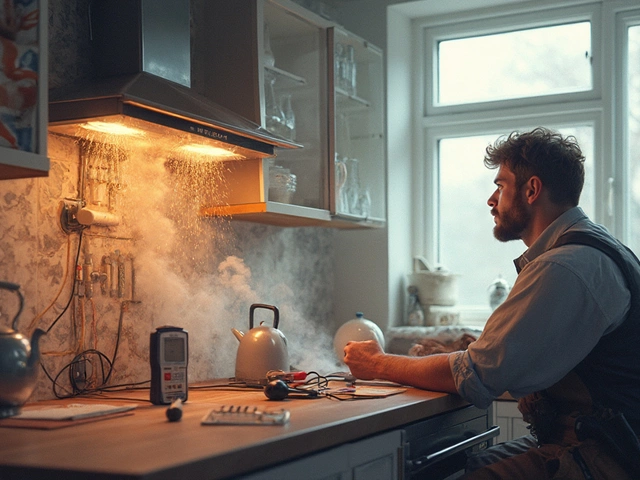
Extractor fans are essential for maintaining good air quality in homes, but what happens when they break down? This article explores whether electricians are the right professionals to fix extractor fans, the typical issues these fans encounter, and some maintenance tips to avoid frequent repairs. Learn about the repair process and when it might be time to replace your fan altogether.
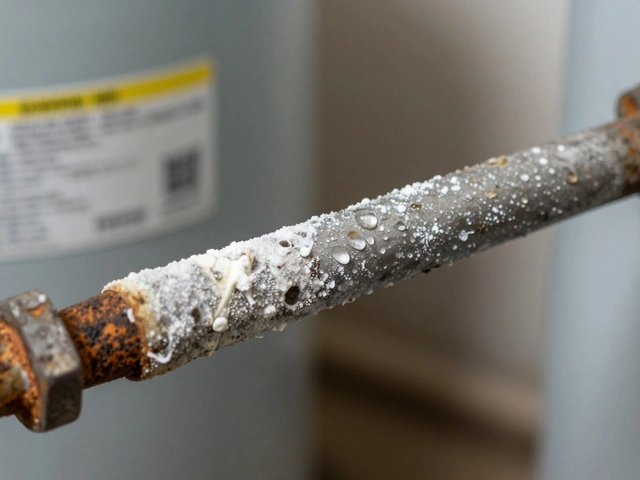
Water heaters commonly fail due to anode rod corrosion, heating element burnout, thermostat issues, and tank rust. Learn the top 5 causes and how to prevent them before you're left with no hot water.
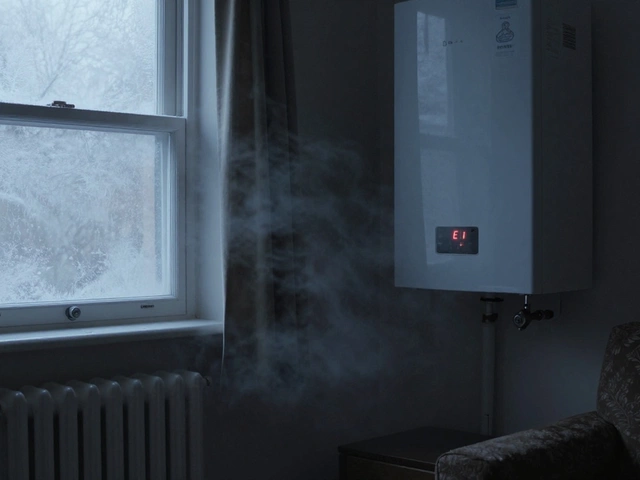
Learn the 7 clear signs your boiler is broken, from cold radiators to strange noises and gas smells. Know when to repair and when to replace before winter hits.